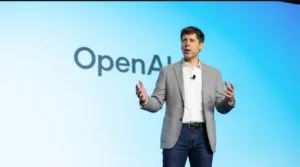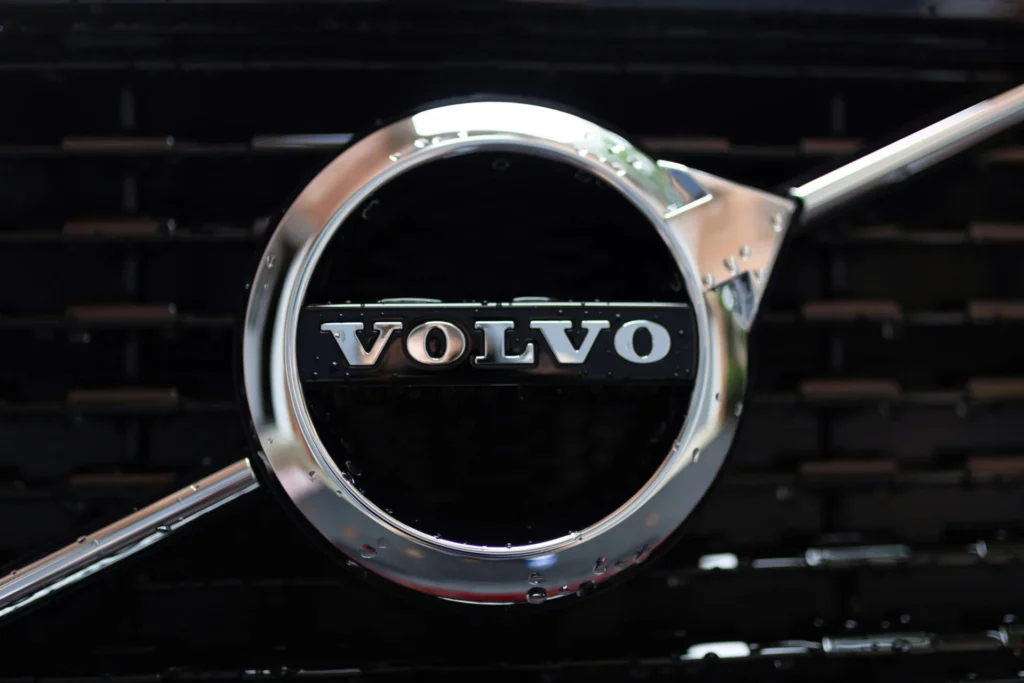Volvo Cars will eliminate 3,000 jobs in Sweden, targeting office roles as part of its sweeping cost-cutting strategy. This marks nearly 15% of the company’s white-collar workforce, according to Volvo’s newly announced 18 billion kronor plan.
Volvo CEO Håkan Samuelsson said the car industry is challenging due to slowing sales and rising costs. Samuelsson explained that the decision is difficult but essential for a resilient future. The layoffs come as automakers worldwide face US tariffs, inflation-driven material costs, and sluggish European consumer demand.
Volvo Cars, headquartered in Gothenburg, Sweden, was acquired by China’s Geely Holding from Ford in 2010. Its factories are located in Sweden, Belgium, China, and the US, allowing global distribution but also exposing it to geopolitical risks. Volvo’s April global sales declined 11% compared to the same month last year, compounding the company’s financial strain.
Earlier pledges to go fully electric by 2030 were scaled back last year due to market tariffs and supply chain uncertainty. Samuelsson said that recent EV tariffs made planning for global electrification more difficult than initially anticipated.
The job cuts come as other automakers shrink operations, with Nissan planning 11,000 layoffs and closing seven factories. Nissan’s troubles stem from weak China sales and heavy discounting in the US, pushing its total job cuts past 20,000.
Meanwhile, Chinese EV firms and BYD slashed prices on 20 models, igniting intense competition and triggering stock drops in rival firms. Tesla suffered a blow in April, with European sales halving amid political backlash and growing competition from BYD and others.
The European Automobile Manufacturers Association reported that Tesla’s April registrations fell to 7,261 vehicles, down from 14,230 last year. Despite the Europe decile, Elon Musk claimed Tesla’s strong demand continues elsewhere, downplaying the regional performance issues.








